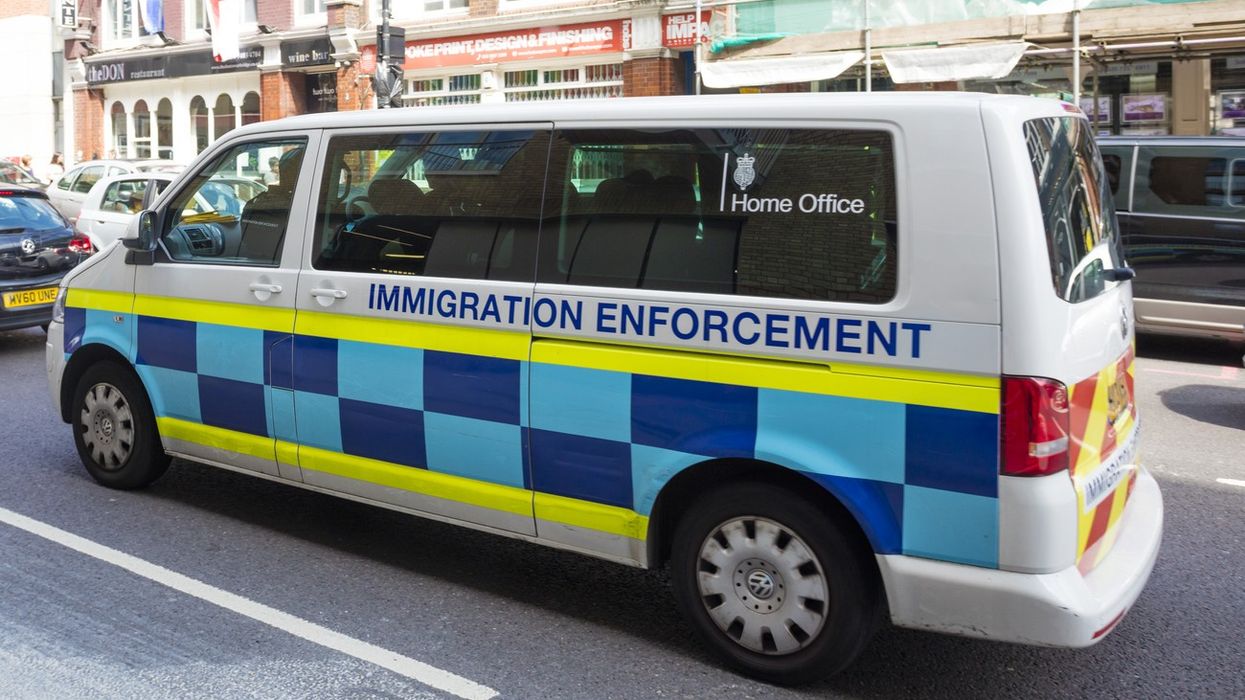UK immigration enforcement teams made over 600 arrests in January, a 73 percent increase on the same period a year ago, as part of the new Labour government's plan to tackle undocumented migration and people smuggling gangs, officials said on Monday.
The 609 arrests, compared to 352 in January 2024, were made during visits to over 800 premises including nail bars, restaurants, car washes and convenience stores, a government statement said.
On taking office last year Labour prime minister Keir Starmer immediately scrapped his Conservative predecessor Rishi Sunak's plan to deter undocumented migration to the UK by deporting new arrivals to Rwanda.
Instead he pledged to "smash the gangs" to bring the numbers down.
Home secretary Yvette Cooper said employers had for too long been able to "exploit illegal migrants and too many people have been able to arrive and work illegally with no enforcement action ever taken".
"We are boosting enforcement to record levels alongside tough new legislation to smash the criminal gangs that undermine our border security and who have been getting away with it for far too long," she said.
Undocumented migration by people who take small, perilously unsafe boats across the English Channel from northern France to southern England was a major issue at last July's general election which brought Starmer's Labour Party to power.
Regular migration, which is currently running at historically high levels, estimated at 728,000 for the year to June 2024, was also a hot button issue at the polls.
Starmer needs to reduce both legal and undocumented migration to fend off growing support for Nigel Farage's anti-immigration Reform UK party, which won roughly four million votes during the July 4 poll -- an unprecedented haul for a far-right party.
Some 36,816 people were detected in the Channel in 2024, a 25 percent increase from the 29,437 who arrived in 2023, provisional figures from the interior ministry showed.
As part of his plan to reduce undocumented migration, Starmer has also set up a new Border Security Command and strengthened cooperation with European partners, including Europol.
Britain has signed joint action plans with Germany and Iraq aimed at tackling the smuggling gangs. They build on earlier agreements signed under the previous Conservative government, including with France and Albania.
The government also points to an increase in the return of irregular migrants to their countries of origin, the highest since 2017.
Its new Border Security, Asylum and Immigration Bill, designed to give law enforcement officials "counter-terror style powers" to break up gangs bringing irregular migrants across the Channel, is due to get its second reading in parliament on Monday. (AFP)




